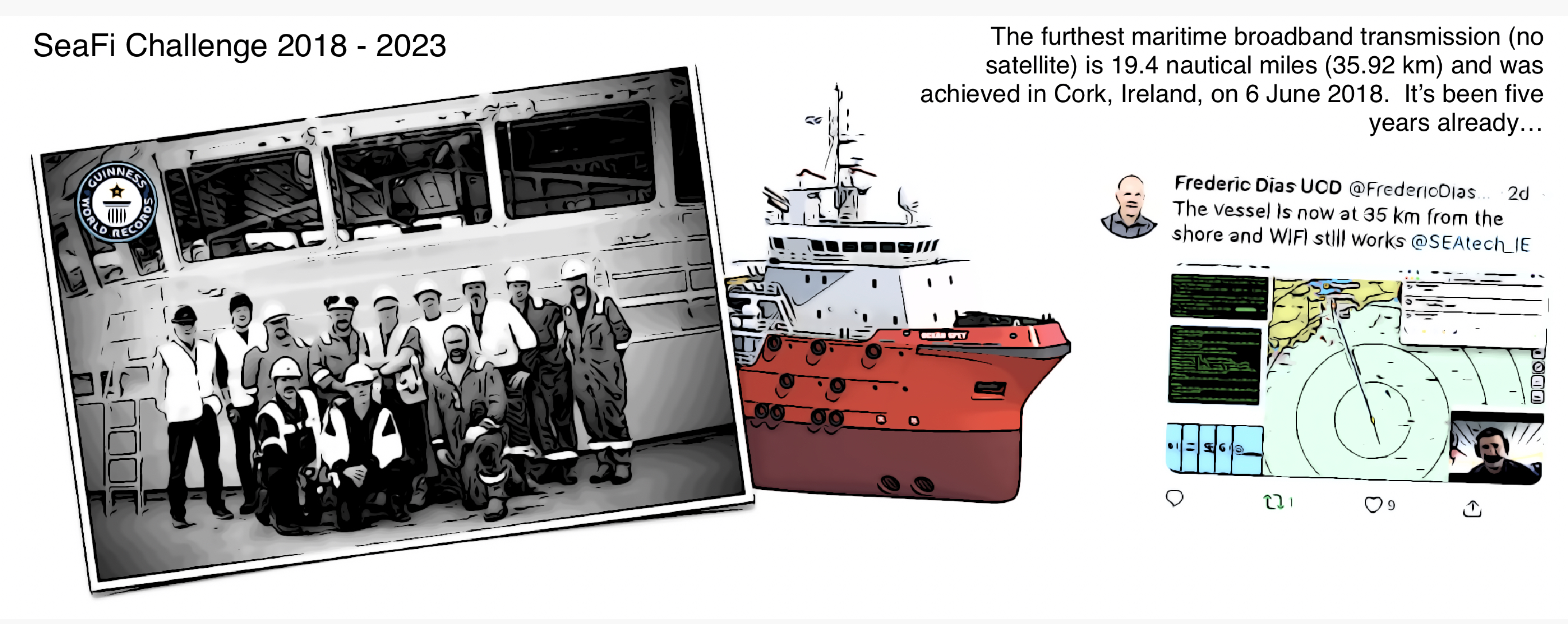
“F.O.D.—a First. Only. Different. We are a very select club, but there are more of us out there than you’d think. We know one another on sight. We all have that same weary look in our eyes. The one that wishes people would stop thinking it remarkable that we can be great at what we do while black, while Asian, while a woman, while Latino, while gay, while a paraplegic, while deaf. But when you are an F.O.D., you are saddled with that burden of extra responsibility—whether you want it or not.” [1, Chapter 8]
The International Day of Women and Girls in Science took place on February 11th, 2020. Its aim is to raise awareness and work towards ending the gender imbalance in science.
To celebrate this occasion, the College of Science in UCD organised a photo campaign of role models from all its schools (Chemistry, Computer Science, Earth Sciences, Mathematics & Statistics, and Physics to name a few) to showcase the great work and research that women do.
Tatjana and I were chosen as role models for our school - the School of Mathematics & Statistics. In our school the vast majority of research staff and faculty are male with this imbalance growing even more with seniority and job levels. This means that while at undergraduate level it might not be as pronounced but when you look at lecturers or professors this imbalance becomes very signficant – especially if you look at applied mathematics – the field of study that Tatjana's and my research belongs to. Chances are if you take a course in applied mathematics, it’s being taught by a white man. Why does this observation matter?
It has been shown that sense of belonging is strong and greatly influences how and why we make decisions on for example which subject to study or which job we choose [2]. Hence, if you don’t know anyone who you can identify with doing a particular job, you might implicitely assume that it’s just not for you. And although perceptions are changing, this process is painfully slow. It is still relevant and necessary to showcast the diversity of what science and scientists look like!
I am especially proud of Tatjana and myself being chosen for this not only because we are women, but we also have taken non-traditional paths to and through university. We’ve worked in industry for many years before we could afford pursuing undergraduate degrees. And I want our hard work and struggle to be an encouragement for others!
Second chances are for future generations. That is what you are building when you are an F.O.D. Second chances for the ones who come behind you. [1, Chapter 8]
If you read this thinking about studying maths, but there are things that hold you back, let me tell you: YOU CAN DO IT! I believe in you. If Tatjana and I did it, so can you. I’ll leave Tatjana’s and my personal stories for another blog post though. However, if you are interested in how I got into science, you might want to check out this blog post http://soapboxscience.org/2019/06/24/we-need-all-hands-on-board-meet-nicole-beisiegel/ that I wrote for Soapbox Science last year.
[1] Rhimes, S.: Year of Yes: How to Dance It Out, Stand In the Sun and Be Your Own Person, Simon & Schuster; Reprint edition (2016)
[2] Good, Rattan & Dweck: “Why Do Women Opt Out? Sense of Belonging and Women’s Representation in Mathematics”, Journal of Personality and Social Psychology American Psychological Association, Vol. 102, No. 4, 700–717, (2012)
